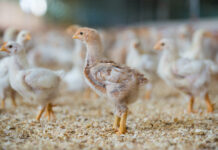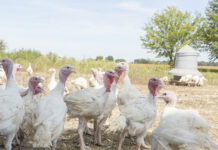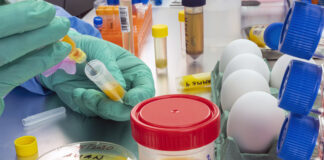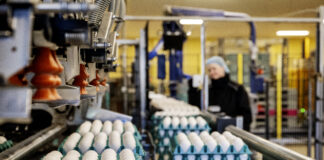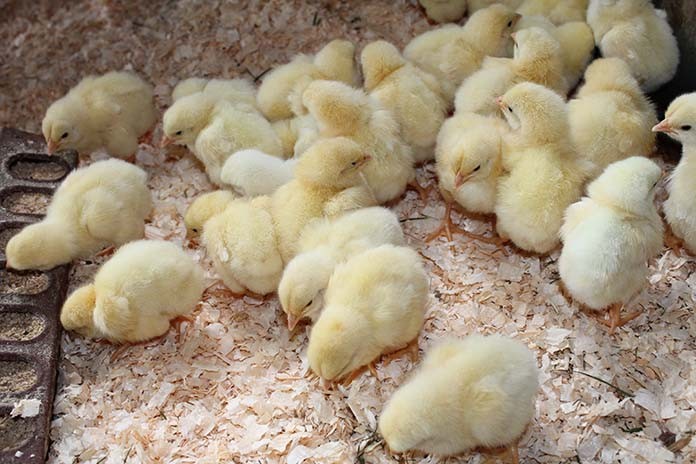
In ovo embryogenesis in broiler can be modulated by alteration of external factors, like the incubation temperatures, as shown in several publications.
Embryonic myogenesis in broiler is characterized by the formation of primary and secondary myotubes during embryonic day (ED) 3 to 8 and ED 8 to 14, respectively and it was shown that increase of the incubation temperature during this period has an impact on the growth of the embryos and animals post-hatch.
Assuming that the described effects of the in ovo temperature alteration on the muscularity were related to the metabolism of the embryo, in the present study the mitochondrial respiratory activities and the activities of enzymes of the energy metabolism within the breast muscles of differently incubated embryos were analysed directly after treatment (ED 10, ED 13).
Therefore eggs of a commercial fast growing broiler line were incubated at higher (38.8°C), lower (36.8°C) or normal temperatures (37.8°C (Control)) between ED 7 and 10 or ED 10 and 13. Weight characteristics as well as mitochondrial respiratory (MRA) and enzyme activities of the breast muscle samples of the ED 10 and 13 embryos were analysed.
Temperature increase results in higher body, liver and heart weight on ED 10 and higher body weights on day 13 compared to at 36.8 °C incubated embryos. The same differences could be determined for the MRA on days 10 and 13, the activities of the lactate dehydrogenase and cytochrome oxidase on day 10 and the glycogen phosphorylase, phosphofructokinase, cytochrome oxidase activities on day 13. Control results were variable differing from the high or low temperate samples, from both or none of them.
The data show that the temperature effect on the embryo growth was related to the muscle metabolism probably due to direct alterations of the MRA and enzymes and/or general change of embryo activity/movement.


